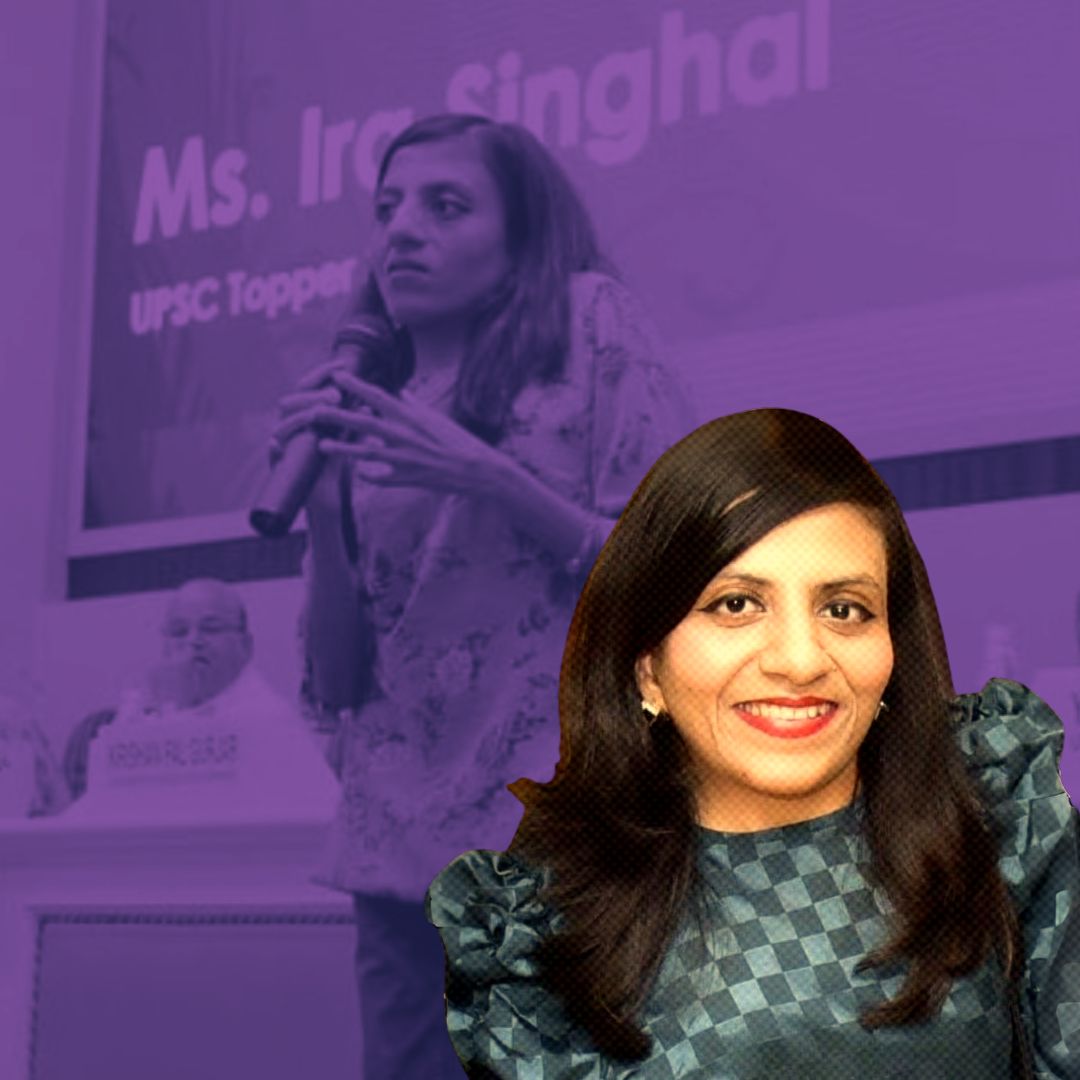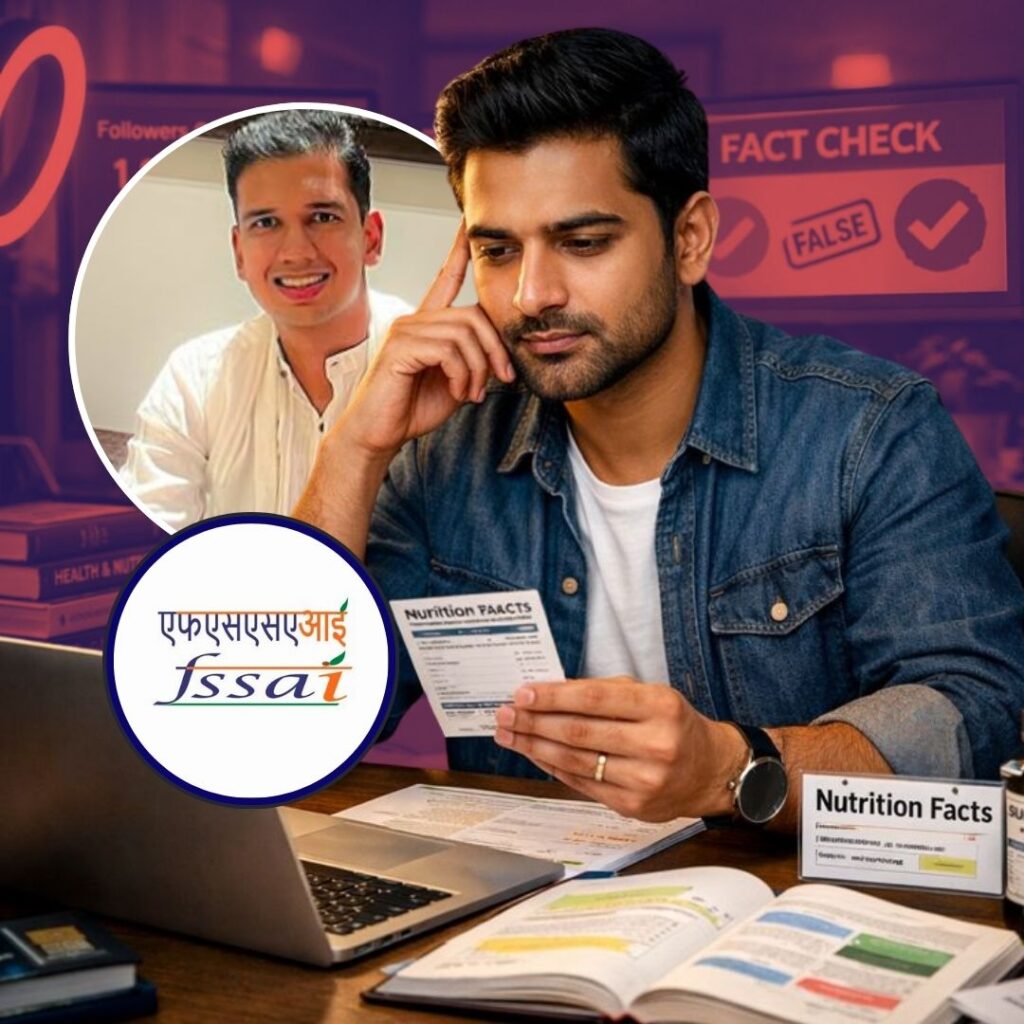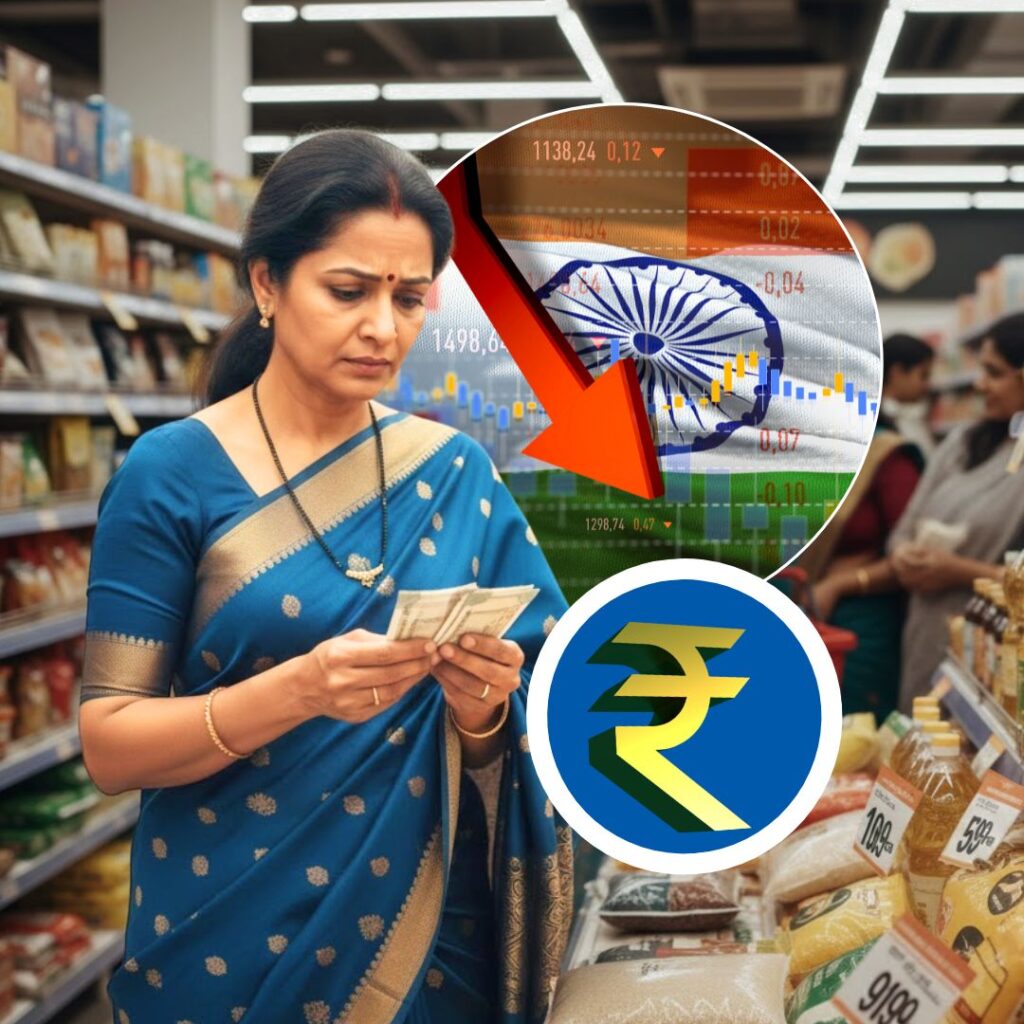IAS officer Ira Singhal, who was born with scoliosis, has emerged as a national icon of resilience and reform after topping the 2014 UPSC Civil Services Examination. Initially denied a posting in the Indian Revenue Service (IRS) due to her disability, Singhal challenged the decision in court and won, leading to significant changes in government policy regarding inclusivity.
Currently serving as Special Secretary, Education, in Arunachal Pradesh, she continues to champion the rights of women and people with disabilities. Her journey has inspired reforms, official recognition, and a new generation of aspirants determined to overcome systemic barriers.
Breaking Barriers: Ira Singhal’s Journey of Grit and Advocacy
Ira Singhal’s life story is a testament to determination and the pursuit of justice. Born with scoliosis, a spinal disorder that restricts mobility, Singhal faced both physical and social obstacles from an early age. Despite these challenges, she excelled academically, earning degrees in computer engineering from Netaji Subhas Institute of Technology and an MBA from the Faculty of Management Studies, Delhi.
Her ambition to serve the nation led her to attempt the UPSC Civil Services Examination, which she cleared not once, but four times—an extraordinary feat. However, in 2010, after passing the exam, she was denied the IRS posting on the grounds of her disability. Refusing to accept this injustice, Singhal fought a legal battle and won a landmark verdict from the Central Administrative Tribunal, which ruled in her favour and compelled the authorities to offer her the post.
Singhal’s perseverance paid off spectacularly in 2014, when she secured All India Rank 1 in the UPSC exam, becoming the first differently-abled woman to top the examination. In a recent Women’s Day 2025 interview, she reflected on her journey: “If policies are wrong, they should be challenged to bring about change.”
Her success has since been recognised at the highest levels, with appointments as Brand Ambassador for the Department of Disability Affairs and the Ministry of Women and Child Development, and inclusion in Forbes India’s 30 Under 30 list. UPSC officials have publicly lauded her achievements, with one senior official stating, “Ira’s journey is a powerful reminder of the need for a more inclusive and supportive system.”
Championing Inclusivity and Gender Equality
Ira Singhal’s impact extends far beyond her personal achievements. Her legal victory set a precedent, prompting the UPSC and other government agencies to revisit and revise their policies regarding candidates with disabilities. Singhal has used her platform to advocate for broader social change, speaking out against both ableism and gender-based discrimination.
In interviews, she has highlighted the everyday challenges faced by women in India, such as restrictive hostel curfews and limited opportunities for leadership. “We need to raise boys to respect women and challenge unfair norms,” she has emphasised, calling for a cultural shift alongside policy reforms.
As an IAS officer, Singhal has led several impactful initiatives. She has overseen peaceful elections, rescued hundreds of child labourers, and promoted the employment of transgender individuals in government offices. Her leadership in the education sector in Arunachal Pradesh has focused on making schools more accessible and inclusive for children with disabilities.
Singhal’s work has earned her numerous accolades, including the President’s Gold Medal and India Today’s Woman of the Year award. Her story continues to inspire aspirants from marginalised backgrounds, encouraging them to pursue their dreams despite systemic barriers.
The Logical Indian’s Perspective
Ira Singhal’s journey is a powerful reminder that progress is possible when individuals and institutions work together to challenge injustice. Her courage and persistence have not only changed policies but also shifted mindsets, proving that talent and determination can overcome even the most entrenched barriers.
At The Logical Indian, we believe that her story should serve as a catalyst for further dialogue and action on inclusivity, gender equality, and disability rights. Singhal’s example urges us all to reflect on the ways we can support and empower those who face discrimination, whether through policy advocacy, community action, or everyday kindness.
As India continues to evolve, how can each of us contribute to dismantling barriers and creating a society where everyone, regardless of gender or ability, can achieve their fullest potential?












